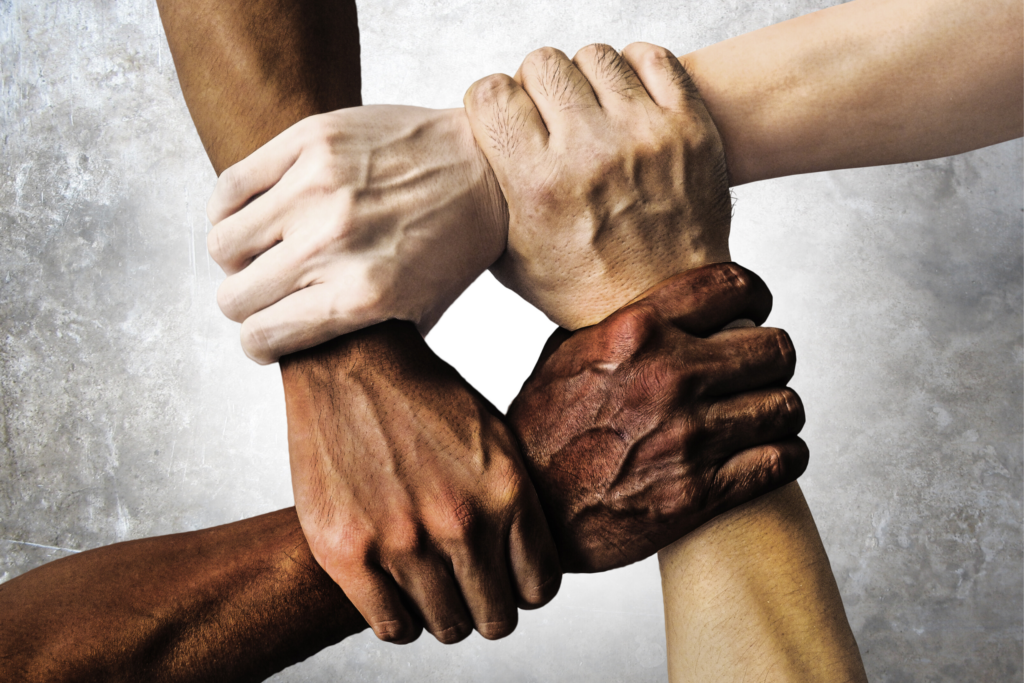The attention and concern we gave to the COVID pandemic have largely been replaced by the outrage and upheaval from George Floyd’s senseless and brutal death in Minneapolis last week. I was appalled by what I saw. A week later, I’m still very disturbed by this atrocity. Furthermore, our nation has exploded with protests, demonstrations and outrage, some of which has been peaceful and some has been violent and destructive. The religious establishment (archbishops, the Pope, denominations, etc.) have responded by condemning racism and calling for peace and reconciliation.
As I reflect on these recent events and consider some of the recent heated conversations I’ve heard about race, politics, justice, law enforcement, government, freedom of speech and the right to assemble, etc., I want to think about these things not only en masse, but more importantly as an individual. I say this because race, riots and religion are very broad, important and expansive subjects. More important than these subjects is our individual posture, mindset and behavior on these subjects.
In relation to race, more important than a person’s skin color is the truth that we are human, full stop. Our skin color, educational background, economic position, height, weight, upbringing, nationality, etc. can express diversity, but the common ingredient is that we are humans.
Furthermore, riots are the collection of individual humans coming together to express anger and outrage frequently using destructive methods and violent demonstrations. I think it’s very tragic that an individual human can get lost in the mass and chaos that often occur with riots.
In relation to religion, the institutional response to race and riots can often seem like rhetoric and maybe sometimes too polished.
And this is where I’d like to think about Jesus and His behaviors toward minorities, race relationships, riots and violent outbursts. If we say that we are Jesus’ followers, then we need to not only act and speak like Jesus. We also must allow Holy Spirit to sculpt our values and outlook to become more and more like Jesus.
When I watch Jesus interact with minorities, the disenfranchised or those of a different race, He was very practical, engaging and uplifting. He healed ostracized lepers, hung out with seedy characters, ate meals with tax collectors and rabble rousers. He also discussed marital status with a Samaritan woman who was “less than” by all the social norms of Jesus’ day and culture. When I watch Jesus interact with people who are different than Him, it looks to me like He didn’t see differences, but saw and engaged with an individual human.
When I watch Jesus navigate riots, angry crowds, protesters and social unrest, Jesus does some interesting things. In one Gospel account, it says that the crowd was so angry with Him that they pushed Him to the ledge of a cliff, but He walked through their midst and left the hostility. When an angry crowd came to arrest Him in Gethsemane and Peter cut off a dude’s ear, Jesus picked up the ear and re-attached it to the guy, along with peaceably going with the soldiers for His trial. And on Palm Sunday, when a massive crowd was celebrating and welcoming Jesus’ arrival into Jerusalem, Jesus rode a donkey into town and went directly to the temple to overthrow the religious oppression and injustices. With crowds, I see Jesus being peaceful and constructive (feeding 5,000 and 7,000).
As for religion, I don’t see Jesus give much grace or acceptance to the religious institution of His day, with the one exception of His very thought provoking conversation in John 3 with Nicodemus, a religious leader at that time. I bring Nicodemus to your attention because of the personal nature of Jesus’ conversation with him.
So here’s my take away with this blog: humanity is made up of individual humans like you and me. How we behave as an individual is far more important than the collective masses identified by differences in race, demonstrations in riots and religious platitudes. To this end, let’s allow genuine love to be our defining filter and influence because of Jesus loving us and loving through us. May our genuine love be more outrageous and authentic than injustices and pain.



